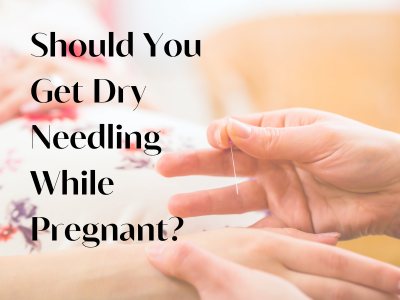Could Physical Therapy Help Me With a Rotator Cuff Injury?
Giving someone a high-five… Reaching for your favorite novel up on a bookshelf… Washing your hair in the shower… Raising your fists over your head in victory when your team wins a close game. If you can do any of these actions, you can thank your rotator cuff. Your rotator cuff allows you to lift your arms or reach upwards.
But what if any of these actions cause shoulder pain? You could have a rotator cuff injury. And if so, our personal, private, and in-home physical therapy is just what you need.
What Is a Rotator Cuff?
Your rotator cuff is the muscles and tendons that hold your shoulder in place. It surrounds your shoulder to keep the ball of your upper arm in your shoulder socket.
Four muscles and four tendons make up a rotator cuff. Each muscle and tendon aids in its own specific motion of the shoulder.
Types of Injuries
A rotator cuff injury occurs when a tendon tears. This injury usually happens one of three ways:
First, it could happen during an injury. Like when you fall with your hand extended out to catch yourself.
Second, it may happen over time because of repetitive motions or activities. This is common with athletes or occupations requiring repeated overhead actions, like painters or carpenters.
Last, a rotator cuff injury could happen because of aging. Tissue and tendons wear down over the years. Those over 60 are most likely to sustain an injury.
Signs You Have a Rotator Cuff Injury
There are a few signs that the pain in your shoulder could be a rotator cuff tear.
- Pain increases at night when you lie on your shoulder
- You struggle to lift things
- It hurts when you raise your arm
- You physically can’t lift your arm
- There are popping sounds when moving your arm
Physical Therapy Can Help
Rotator cuff tears don’t heal on their own. It really is an injury that you shouldn’t ignore. Doing nothing won’t make the pain go away. In fact, it will make it worse!
Treatment recommendations range from rest to surgery. Physical therapy is an excellent, non-invasive way to restore shoulder mechanics. We can work together to complete exercises to strengthen the muscles around your injured shoulder. Stronger muscles can help compensate for a damaged tendon.
We can provide an individualized treatment plan to retrain your shoulder muscles. Once your muscles can keep everything in your shoulder socket in place, your range of motion will increase. And your pain will decrease.
Suppose your rotator cuff injury is severe enough for your physician to recommend surgery. In that case, physical therapy with us can help you recover. We can help you improve your strength and movement. Not only that, but we can show you how to keep from injuring your shoulder.
At AHCPT, we are dedicated to providing quality healthcare that is patient-centered and respectful of the individual. We treat each other with kindness, compassion, and integrity, striving to improve the health and well-being of each client. Contact us today if you’re interested in receiving physical therapy within your home setting.


